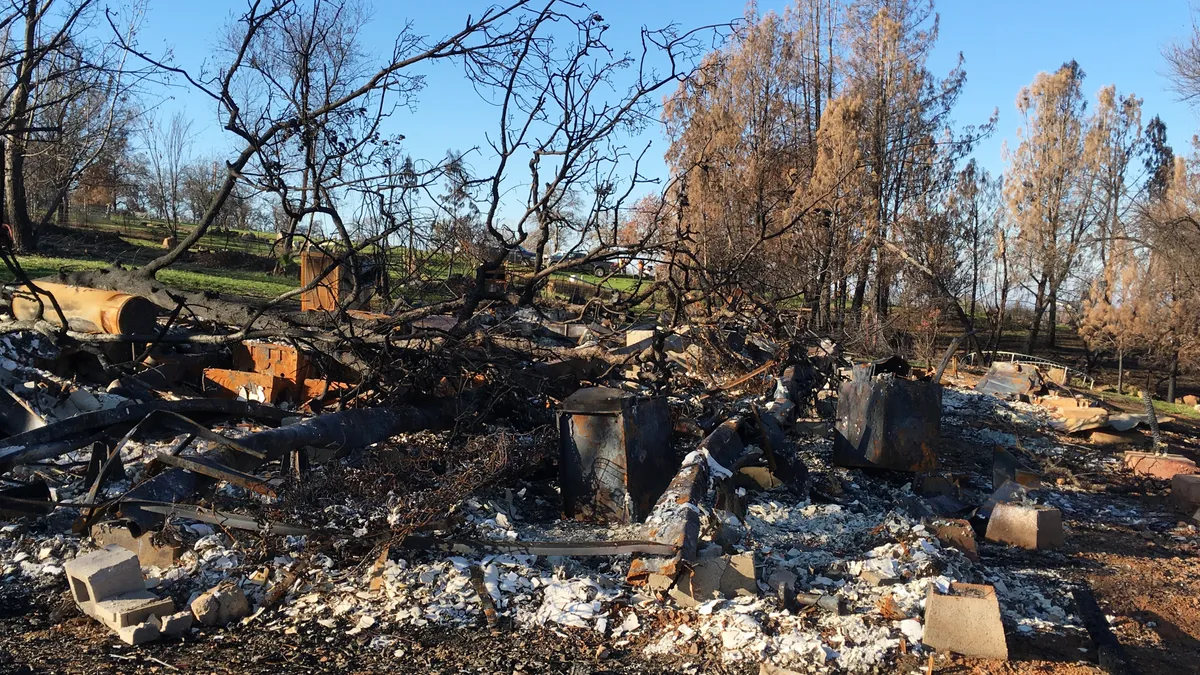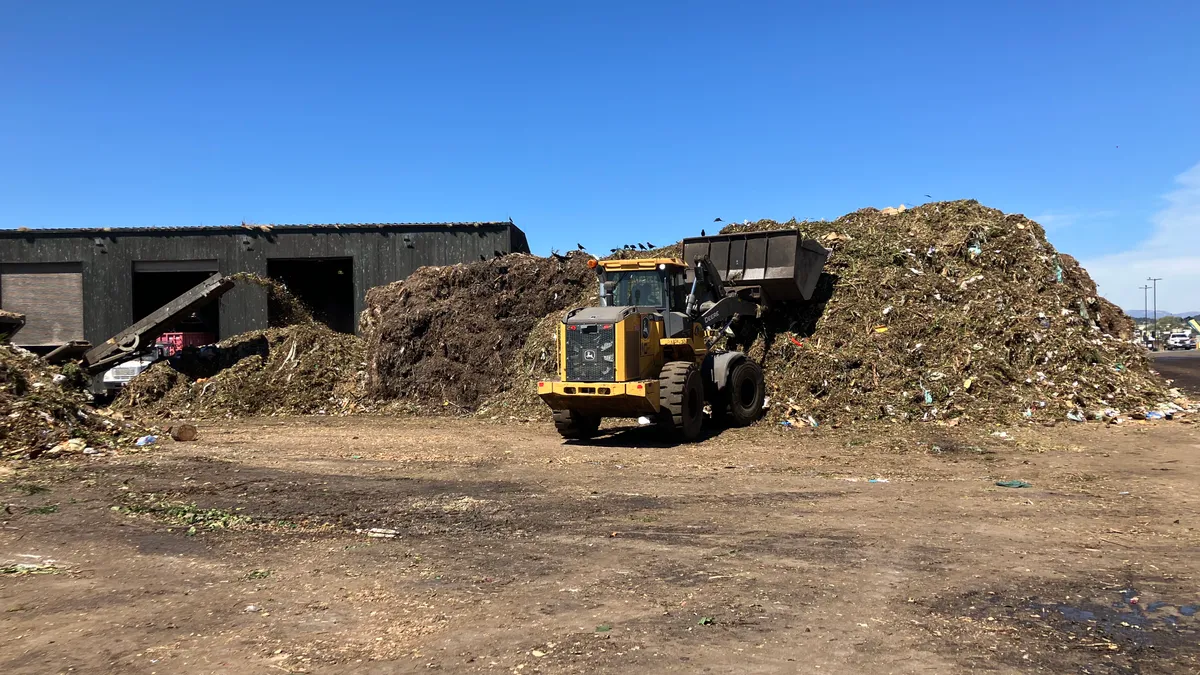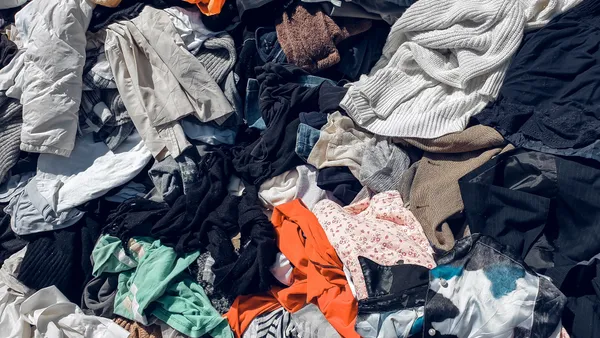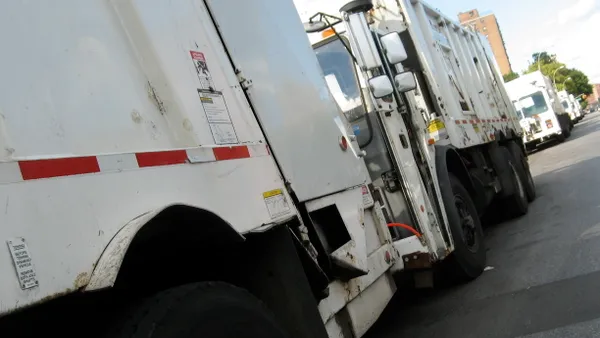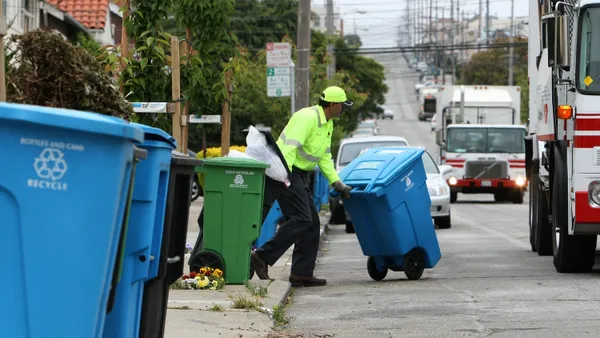Dive Brief:
- The California Department of Resources Recycling and Recovery (CalRecycle) has cleared debris from 89 properties in three northern California counties since wildfires struck the region in October. According to the department, a total of 241 sites so far have been assessed. Cleanup began in mid-November and is expected to continue into early 2018.
- There are 25 contractors working in Butte, Nevada and Yuba counties to clear debris, according to CalRecycle. As of Nov. 30, CalRecycle has overseen the recycling of 505 tons of metals, 1,983 tons of concrete and 4,482 tons of debris, ash and soil have been landfilled from the three counties.
- The United States Army Corps of Engineers (USACE) is handling debris cleanup in Sonoma, Napa, Lake and Mendocino counties. USACE has so far cleared more than 288,055 tons of debris from 880 properties in those counties. Like CalRecycle, USACE wants cleanup to be completed by early 2018.
Dive Insight:
Natural disasters almost always mean debris cleanup. That cleanup can create excess pressure on local waste capacity, though CalRecycle officials don't appear to think that will be an issue in the state.
"California’s landfill capacity is more than sufficient to facilitate the safe management of wildfire debris removal efforts in Northern California and across the state," Lance Klug, a spokesperson for the department said in an email. "Landfill operators are always balancing present and future needs to best serve their communities and are not obligated to take disaster debris."
California's available airspace does not change the fact that debris cleanup from disasters can last for years and can disrupt daily operation in the short-term. Disruption can be minimized, though, if waste haulers work cooperatively with local governments to create contingency plans.
How debris is processed can also cause debate. After a storm, for example, vegetative waste could be composted, landfilled or combusted at waste-to-energy facilities. In the U.S. Virgin Islands, the local government is debating whether green waste should be composted and mulched, or if it should be burned. Those in favor of composting say that emissions from burning the waste would hurt a population that's already dealing with fumes from generators; those in favor of burning the waste say there's no room on the island to store more compost and mulch.
Perhaps more relevant following a wildfire, though, is handling household hazardous waste. In California, state agencies have been working with the U.S. Environmental Protection Agency to clear hazardous waste from destroyed homes.
Those concerns aren't likely to fade in California any time soon. Wildfires in the southern part of the state are growing and destroying more homes. CalRecycle said it is too soon to say what kind of pressure, exactly, ash and debris created by the wildfires will put on the state's waste management capacities.


